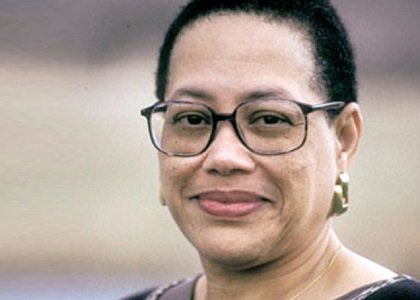(NNPA) — A new federal lawsuit alleges that since at least 2009, two major players in the debt collection industry have illegally operated, harassed, threatened and deceived millions of consumers across the country – often for debts that were either inflated or not even owed. The scheme based in Buffalo, New York, also netted tens of millions of dollars in revenue each year.
The case seeks to shut down the illegal scheme, secure compensation for victims and assess civil penalties against the companies and its partners.
On November 2, New York’s Attorney General Eric Schneiderman and Richard Cordray, Director of the Consumer Financial Protection Bureau, filed charges against the scheme’s two principals, Douglas MacKinnon and Mark Gray.
“[W]e are taking action against the ringleaders of this operation,” noted Director Cordray, “so they can no longer prey upon vulnerable consumers.”
“Living with debt is difficult enough, without the added stress of being harassed and threatened by debt collectors,” Attorney General Schneiderman said. “These collection shops inflated debts, threatened victims and deceived them out of millions. This suit sends the message that debt collectors that employ abusive tactics will be held accountable.”
In recent years, debt collection abuses have emerged as a growing consumer finance issue for communities of color. Both research and investigative news have found that consumers of color, along with low and middle-income communities are frequently targets of collection lawsuits that today represent a still-growing $13 billion industry.
According to the lawsuit, MacKinnon and Gray operate a network of at least 60 fly-by-night collection shops to collect on large debt portfolios purchased by three interrelated firms: Northern Resolution Group, Enhanced Acquisitions and Delray Capital, all based in Buffalo, New York. MacKinnon and Gray created, operated and oversaw the illegal operation.
Among the actions cited as illegal violations included:
• Falsely threatening legal action;
• Impersonating law enforcement officials, government agencies and court officers; and
• Inflating consumer debts and misrepresentations of amounts consumers owed.
These kinds of actions violate both the Fair Debt Collection Practices Act and the Dodd-Frank Wall Street Reform and Consumer Protection Act.
Enacted in 1978, the Fair Debt Collection Practices Act protects consumers from abusive or deceptive fraud in debt collection practices. It applies only to the collection of debt incurred by a consumer primarily for personal, family, or household purposes. Two of its most important provisions are that a debt collector cannot phone a consumer’s residence before 8:00am or after 9:00pm; nor attempt to contact a consumer at their place of employment.
Similarly, the Dodd-Frank Wall Street Reform and Consumer Protection Act specifically bans unfair and deceptive acts or practices in the consumer financial marketplace in a variety of lending areas that include mortgages, student loans, debt collection and others.
Last year, CFPB returned $360 million to consumers wronged by unlawful debt collection practices and collected over $79 million in fines. In addition, the Federal Trade Commission separately received approximately 900,000 consumer complaints on debt collection.
In recent comments to the CFPB, the Center for Responsible Lending advised, “CRL strongly supports the concept that a debt collector must possess a reasonable basis for making a claim that an individual owes a debt . . . . The burden rightfully should be on debt collectors to establish that they have the legal right to collect the debts and are collecting from the right people, for the right amount of money.”
For Lisa Stifler, CRL’s deputy director of state policy, the joint action taken by New York’s Attorney General and CFPB is representative of what should happen more often to better protect all consumers.
“Consumers need the protection of both state officials and CFPB to rid the marketplace of bad actors and illegal debt collection practices. It’s an encouraging sign that one of our most populous states is working in concert with CFPB to end financial abuse. It’s an example worth emulating by other states.”
Charlene Crowell is the communications deputy director with the Center for Responsible Lending. She can be reached at Charlene.crowell@responsiblelending.org.
